Modern horror movies about the South inevitably involve the bayou — a murky mirror of our own twisted desires and racist ancestral pasts.
Slavery is, unfortunately, what built the foundations of America, much to our collective shame. Racist ideologies and the bones of the people enslaved by them are buried in the land and the water. Yet, white people still get married on plantations, forgetting the history of these places.
In movies about the bayou, white people tend to pay for their ancestors’ crimes; tension continually exists between the cultures.
In Jessabelle (2014) and The Skeleton Key (2005), we see fear connected to African-American religions and a meeting of the old ways and modern times. In films such as The House on the Bayou (2021) and The Reaping (2007), we see the inner darkness of white people in general; though neither feature black people as characters, they are still addressing the same evils that led to slavery.
It is important to note that voodoo has different types and that hoodoo is very different from voodoo.
Haitian voodoo (or vodou) is a religion featuring a reciprocal relationship with the Lwa (or loa), who are intermediaries for Bondye, here to help humans because Bondye is not available directly. Satan does not exist to Vodouists, also known as Vodouisants. Haiti does tell us about bokors, or dark sorcerers who put people under zombi possession, turning them from people with free will into whatever they desire, which is often slaves in some form.
New Orleans voodoo is different in that it focuses on ancestor worship; the bayou areas of Louisiana are famously associated with this form of voodoo.
Hoodoo is magic, usually to help one out in their daily life.
White anxiety about African-based religions figures heavily in film because white people fear possession, seeing it as only an evil thing.
WARNING: PLOT SPOILERS AHEADJessabelle (2014)
Jessebelle opens up with Jessie (Sarah Snook, Succession), who is pregnant, and her boyfriend getting into a car. She wakes up in the hospital after a horrible accident; both her boyfriend and unborn child tragically died. Jessie is now paralyzed from the waist down and in a wheelchair, forced to move in with her estranged father. Strange, supernatural events begin to haunt her at night, and it leads her to find videotapes of her mother, who passed many years ago.
In them, her mother, Kate (Joelle Carter), does tarot readings for her, mainly predicting wrong. However, a spirit clearly follows Jessie, and her mother interprets this as the spirit being a broken version of herself.
Enlisting the help of her ex-boyfriend Preston (Mark Webber), Jessie begins to unravel a mystery and family secret. Her mother was cheating on her father, Leon (David Andrews), with a man from her church. When their newborn child is black (both Leon and Kate are white), Leon kills the baby (Jessabelle) in a murderous rage. The baby is then buried in the creek in a voodoo ritual.
Jessie realizes the truth: she was adopted to cover up the infanticide, and the spirit of the baby Jessabelle was ritualistically inserted into Jessie’s body. Jessabelle now gets to live while Jessie presumably dies. Jessie is an innocent bystander, a girl unaware of her true heritage who gets caught up in other people’s sins and lack of responsibility.
The real evil here was Leon, who murdered an infant because his wife cheated on him. The other villains seemingly are made to be Kate, Moses (the man she had an affair with), and their voodoo religion. Yet, blaming voodoo is a very narrow-minded and xenophobic take.
The voodoo religion itself is not a sin; rather, the tragedy stems from human folly — deceit, jealousy, rage, murder, and manipulation.
The transmutation of bodies with someone else’s soul inside is a theme of most stories featuring voodoo because it is well-known that voluntary spirit possession is part of their rituals. Many Western people do not understand the concept of voluntary possession and mistakenly imagine that it is somehow involuntary, so Western conceptions of voodoo are incorrect in films like this.
The Skeleton Key (2005)
Caroline Ellis (Kate Hudson) is a twenty-five-year-old disillusioned hospice worker. She needs the hours for nursing school, but hospice work makes her feel like no one cares about the people who are dying. She finds an ad in the paper for a live-in nurse for a man who suffered a stroke, Ben (John Hurt). Caroline comes to interview and meets their estate lawyer, Luke (Peter Sarsgaard), and the couple. Ben can’t speak or move, but Violet (the incomparable Gena Rowlands) is clearly perturbed by her presence and the fact that Caroline is not originally from the South.
Every house has secrets, and Caroline investigates the house further, finding a shut-up hoodoo room in the attic. Violet tells her that a banker used to live in the plantation home and ended up lynching his black servants, Papa Justify and Mama Cecile, who were hoodoo workers. Caroline tries to escape, taking Ben with her, who is clearly crying out for her help to no avail.
Luke is involved in the scheme, helping Violet. Caroline tries to conjure on her own to protect herself but ends up trapping herself because she misunderstood the magic she used. After the ritual, Caroline finds herself unable to speak in Violet’s body, staring at Ben in horror. Papa Justify and Mama Cecile found a way to escape death by transmuting their souls into the bodies of other people.
As mentioned earlier, hoodoo is very different from voodoo, and this is one of the few movies that make that distinction.
Naturally, people in any magical practice can do evil things for their own selfish reasons. This movie makes the point that it is a combination of black anger over their forced, cruel servitude (and prior slavery) and white ignorance of black customs.
It makes one want to shake the white characters, asking, “Do you know where you are right now? Because this is not your place.” The bayou represents buried sins, especially those of white people. In this case, Justify and Cecile’s sins are also buried there.
A House on the Bayou (2021)
A House on the Bayou is about a marriage in crisis. John (Paul Schneider) has been cheating, but instead of divorcing, Jessica (Angela Sarafyan) decides to have them all go on a vacation together in a beautiful house on the bayou that she’s selling. While in town, John and Anna (Lia McHugh), their daughter, meet Isaac (Jacob Lofland) and Pappy (Doug Van Liew), two mysterious figures.
Isaac expresses romantic interest in Anna, who is too young for him, and John shuts it down. John also receives a written message from Pappy that says, “The devil is watching you.”
Isaac and Pappy show up at the house, manipulate their way inside, and begin to torment everyone with vague threats and their refusal to leave. Everything comes to a fever pitch when it is revealed that John actually hired Isaac and Pappy to kill his wife, but Isaac isn’t cooperating. Isaac is also explained to be some mystical force, with Pappy as a sidekick. Together, they cleanse evil in the town, but they can’t be controlled. The police can’t stop them, and they do a service, so everyone just goes with it. Jessica and Anna are lucky to be alive, they’re told.
The husband in this story is the real threat. He set all this up to murder his wife, but he asked the wrong people to perpetrate it. Though this film centers only on white people, we still have that mystical element of the bayou with Isaac and Grandpappy. They aren’t human and punish people for wrongdoing. The bayou has secrets, but everything goes back to the people living there (even if they only live there temporarily).
We still see that same ignorance of the ways of the bayou and that some mysteries stay that way because such places are liminal.
It exists differently than other places. People are terrible, greedy things who only want their own way and, for whatever reason, refuse to go through the proper channels.
Darkness comes in many forms, and cowardice seems to be one of them: not wanting ever to die, not wanting to divorce someone, and not wanting to take responsibility.
The Reaping (2007)
The Reaping follows Katherine Winter (Hilary Swank), a debunker of religious phenomena who was once a minister until her husband and daughter were murdered during missionary work. Now, she hopes to sway people from blindly believing in faith like she did using science.
She’s been called to the mysterious, hidden town of Haven by a man named Doug (David Morrissey) to investigate a series of Biblical plagues happening within the town that are being blamed on a young girl, Loren (AnnaSophia Robb). The deeper she goes into this mystery, the more she realizes that what’s happening is real and that the entire town is full of cult members who kill their second-born children as sacrifices to Satan.
There is a prophecy that a child born to them will be the Antichrist, which is assumed to be Loren. During the plague of killing the firstborns (which is everyone in town), everyone from Haven is destroyed except for Katherine and Loren. They leave, but Loren lets Katherine know that she’s pregnant with a son, who is probably the child of the prophecy. She had sex with Doug during a drunken night but previously dismissed it as a dream.
The bayou in this movie shields Haven from the world, a tucked-away secret right in the heart of the Bible Belt for a form of extremist cultic Satanism to flourish.
It takes the idea of “hiding in plain sight” to another level. The bayou is where Loren was nearly murdered and where the miracles began, including the death of her brother, who tried to kill her. It is a place that holds the evil of the town, miracles, and God’s wrath.
The bayou embodies many meanings for this story, but all that Haven was is buried in its dark depths.
…
The bayou is us, a mirror of our own dark impulses reflected in the murky depths. There are horrible histories the bayou has absorbed.
This country was literally built by slavery and the idea that racism was the correct worldview, which is evil, so these movies address the layering of history along with the way history is often buried.
Western culture, unfortunately, fears much of black culture. It makes me sad how much people don’t understand about Haitian vodou, Louisiana voodoo, hoodoo, and conjure; there is beauty and history in these cultures that can seen and understood, but white bias gets in the way.
These movies usually function to spread more fear since they are horror movies. Horror, to me, is about the possibility of what could happen, but this sort of subject and placing other religions as the bad guys is problematic at best.
White people are forced to come to terms with the suffering and torture their ancestors wrought upon black bodies. Such movies examine the layered history of the South: blood, sweat, tears, and bones. Usually, in the vein of horror, we see only white ignorance and terror when faced with the old ways.
The bayou reflects people’s image back to them as white people try to bury their secrets there; eventually, the bayou spits those secrets back out for all to see.


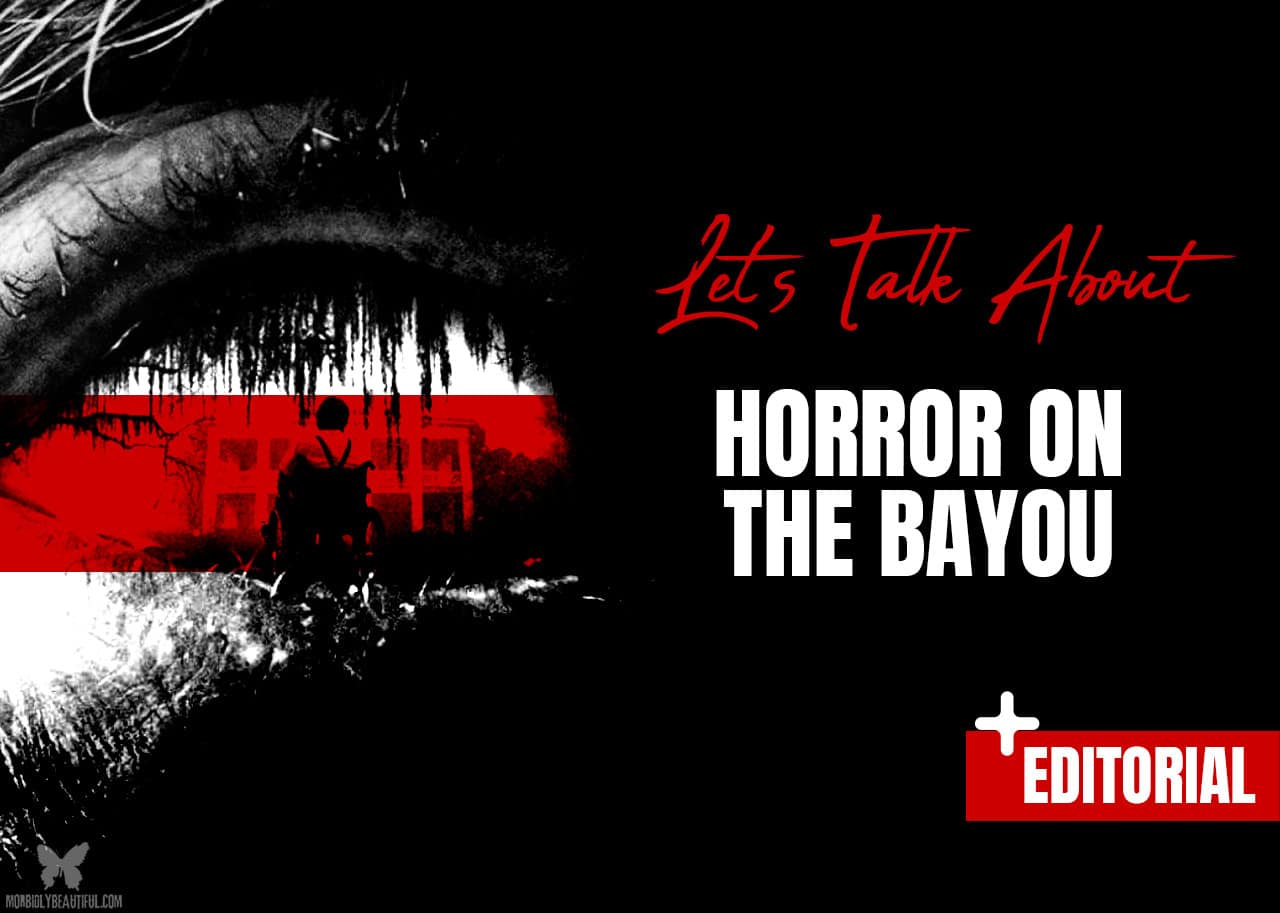

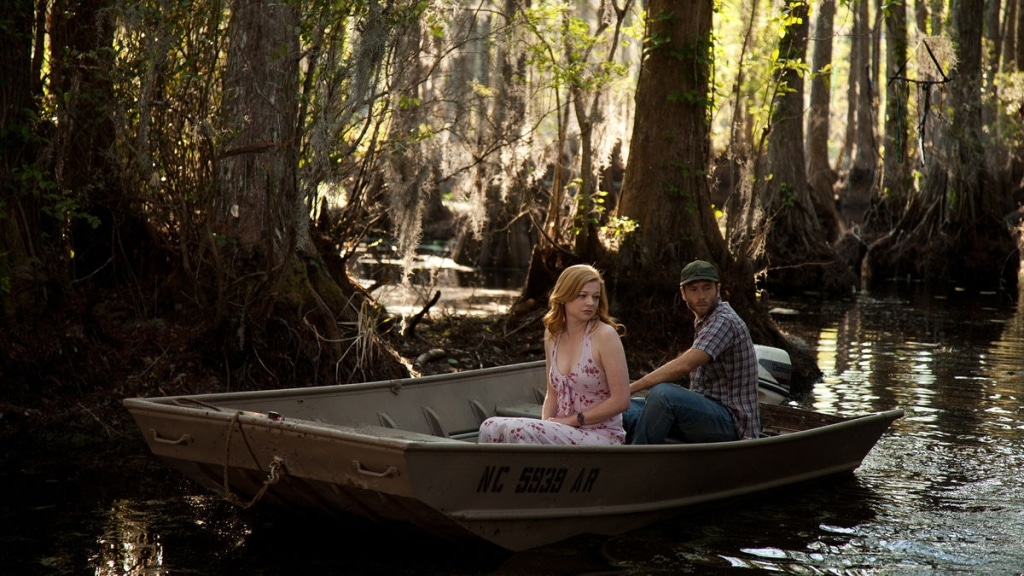




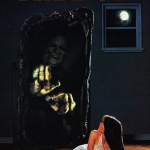
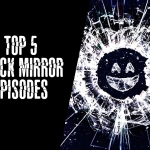
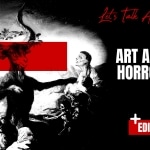
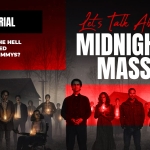



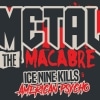
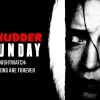
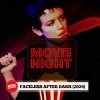

Follow Us!